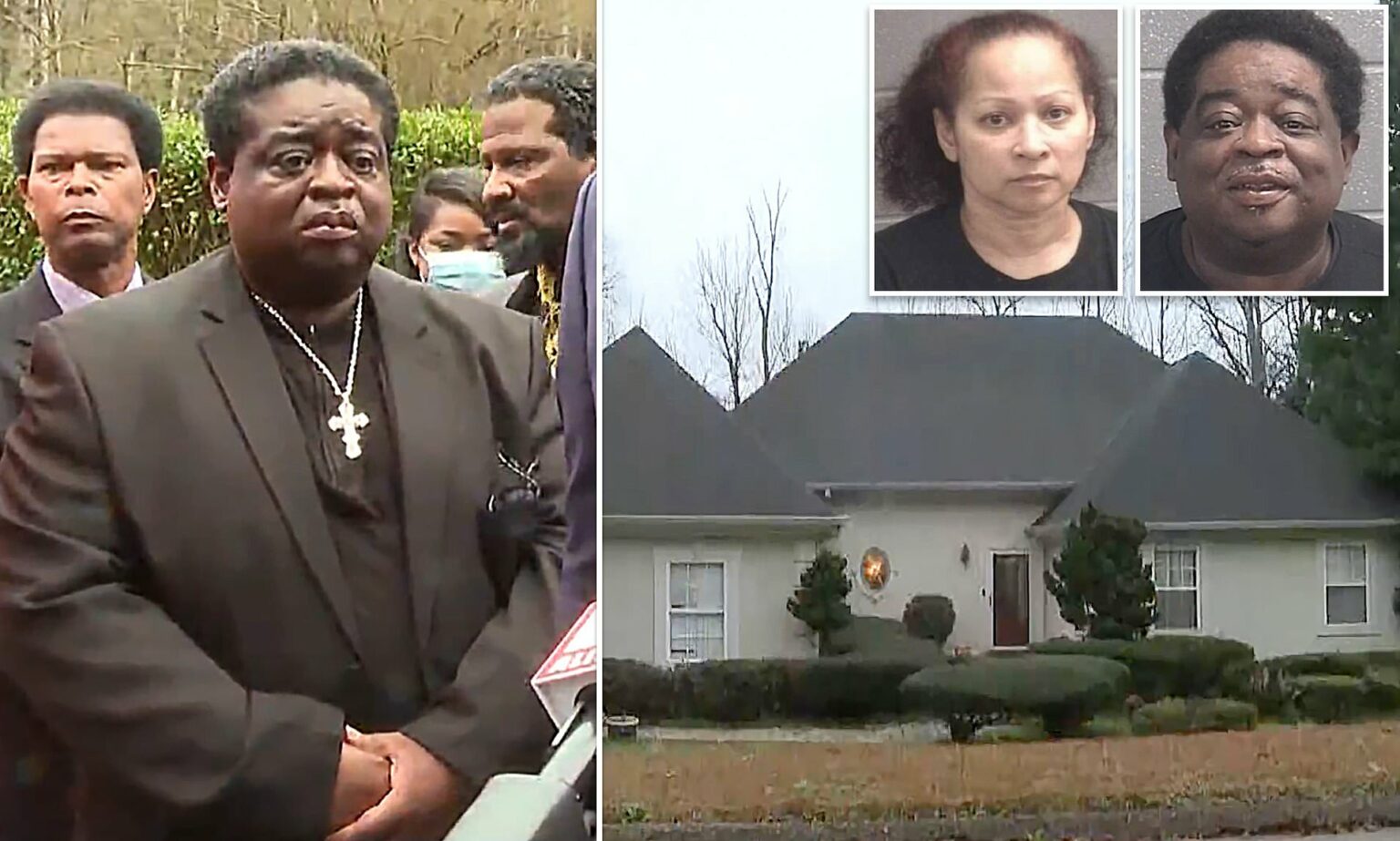
Since the dawn of time, people have looked for leadership and guidance in their community. This major responsibility was given to those individuals who claim to have a calling from God himself. “Man of the Cloth” is what they are referred to. Their titles are Pastors, Reverends, Catholic priests, Ministers, Buddhists/ Monks, Evangelists, and Deacon/Deaconess; just to name a few. These men of the cloth make their way to the pulpit by way of Traditional studies, ordained through years of service, ordained through means of the internet, or self-appointed. The bottom line, these individuals have the responsibility to teach the word of God, provide a moral compass for everyday life, take confessions, counsel families through their trials and tribulations, and provide food and shelter for the less fortunate. These men of the cloth are considered Saved by God, they have a full pass to the Kingdom of Heaven, and their goal is to save as many souls as possible before God’s return.
What if you discovered that your community leader wasn’t who they displayed themselves to be? What if they were found to have done something unthinkable? We put our faith and confidence in our leaders for guidance. We hold the men of the cloth as the ultimate authority when actuality they are as impulsive, greedy, the most cunning, the most believable/ trusting, strategic, and full of sin, they are in fact; just human. This article is about how a Georgia pastor and his wife did the unthinkable and how their platform put them in a trusting position with their community.
Georgia Pastor and Wife
On January 13th a Georgia pastor and his wife were arrested for running an illegal group home and locking up eight individuals with disabilities in their basement. This is a terrible case of abuse and exploitation that needs to be exposed and condemned. As reported by several news channels and social media outlets, the pastor, Curtis Keith Bankston, and his wife, Sophia Simm-Bankston, were allegedly accused of operating an unlicensed group home under the name of One Step of Faith 2nd Chance Ministries. They pretended to be providing room and board to individuals who were homeless, disabled, or otherwise wards of the state, but in fact, they were controlling their finances, and public benefits. They also denied the victims access to their medications, and sometimes medical care.
The police discovered their scheme when they responded to a call about a person having a seizure in the basement of their rented house in Griffin, a city about an hour south of Atlanta. When the emergency team arrived, they found a deadbolt on the basement door and had to climb through a window to reach the person in distress. They also found seven other people living in the basement, all of whom had mental or physical disabilities, or both. The victims ranged in age between 25 to 65 and were locked in during certain times of the day.
The police arrested the couple and charged them with false imprisonment. They said they will likely face additional charges as well. The victims were placed into housing by the Georgia Department of Human Services, which is also conducting its investigation.
This is a shocking and disgusting example of how some people take advantage of vulnerable people who need help and care. It is also a reminder of how important it is to report any signs of abuse or neglect that we may witness or suspect. We cannot let these crimes go unnoticed and unpunished. We must stand up for the rights and dignity of people with disabilities and demand justice for them.
Other than the pastor and his wife, who should be held accountable for the Georgia 8?
Social services: Protective services are a type of social service that aims to protect vulnerable people from abuse, neglect, or exploitation. Some examples of protective services are child protective services, adult protective services, and domestic violence services. Protective services workers may have different responsibilities depending on the type of service they provide, but some daily and common tasks would be to investigate reports of abuse, neglect, or exploitation and assess the risk and safety of the victims. Provide counseling, advocacy, and referrals to other resources for the victims and their families. Develop and implement service plans to address the needs and goals of the victims. Monitor and evaluate the progress and outcomes of the service plans. Collaborate with other professionals and agencies to coordinate services and ensure the best interests of the victims. Finally, they provide crisis intervention and emergency assistance when needed. Bottom line, there should be at best a minimum of welfare checks from social services- and their PHP or else. With the shortage of employed social service workers, the caseloads are becoming intensely high. And unfortunately, the ratio between individuals with disabilities is growing by the day.
Family: Family members who have a disabled relative in an institution or group home setting may face many challenges and worries. They may wonder how to ensure that their loved ones are safe, respected, and well-cared for. Some possible ways to protect their disabled family member would be to stay proactive, visit them regularly, and keep in touch with the director/admin and the other staff members. Next, ask questions about daily activities, health, and well-being. Advocate for the family member’s rights and preferences and report any concerns or complaints. Join or form a family council or support group to share experiences and information. Finally, seek legal advice or assistance if needed.
Community: As the saying goes, “It takes a village” and I am going to add; BE AWARE. Had the people in the neighborhood been aware of the group home run by the pastor, they may have been inclined to visit, offer volunteer services, or perhaps, a little encouragement. One of the ways that people can protect the disabled members living in the community is by ensuring that they have access to the resources and services that they need. This includes providing them with adequate health care, education, employment, transportation, and social support. Another way is by promoting a culture of inclusion and respect, where disabled people are valued and recognized for their contributions and abilities. This means challenging stereotypes and discrimination and creating opportunities for disabled people to participate in decision-making and civic engagement. By doing so, people can foster a sense of belonging and empowerment among the disabled members of the community and protect their rights and dignity.
How do we protect the interest of those with disabilities from individuals seeking financial gain?
This is a question that affects millions of people around the world who have a disability and who may face discrimination, abuse, or exploitation by others. So, let’s start by making this next statement clear; Disability rights are human rights (PERIOD)!!! Everyone deserves to be included and live a full life in their community, accessing the same public spaces, housing opportunities, education, and work as anyone else.
Guardianship
Many people with disabilities experience multiple risk factors for human and civil rights violations. One of the ways that some individuals try to take advantage of people with disabilities is by exploiting their legal capacity. Legal capacity is the right to make your own decisions and act on them. It is essential for exercising other rights, such as voting, marrying, signing contracts, or managing your own money. However, in many countries, people with disabilities are denied their legal capacity and placed under guardianship or other forms of substitute decision-making. This means that someone else has the power to make decisions for them, often without their consent or input. These forms of guardianship can cause financial abuse, with some guardians misusing or stealing the money or property of the person they are supposed to protect. Guardianship can also limit the person’s autonomy and dignity, as they may lose control over their personal life, health care, education, or work. Guardianship can also expose the person to other forms of abuse or neglect by the guardian or others.
The United Nations: Convention on the Rights of Persons with Disabilities (CRPD) recognizes that people with disabilities have the right to legal capacity on an equal basis with others. It also states that people with disabilities should receive support to exercise their legal capacity if they need it. Support can include providing information in accessible formats, offering advice or guidance, or respecting the person’s preferences and choices.
Some countries have taken steps to reform their laws and practices to respect the legal capacity of people with disabilities and support them. For example, Mexico recently passed a law that grants full legal capacity to all people with disabilities and ends guardianship. The law also establishes a system of supported decision-making that respects the person’s will and preferences.
In conclusion, there is still a lot of work to be done to ensure that people with disabilities are protected from financial exploitation and other forms of abuse. We need to raise awareness about the rights of people with disabilities and challenge the stigma and stereotypes that they face (i.e., Treating the individual as if they are incapable of making their own decisions or understanding their legal rights) We need to advocate for legal reforms that uphold the legal capacity of people with disabilities and provide them with adequate support. We need to monitor and report any cases of abuse or neglect that we witness or experience. And we need to support each other and build solidarity among people with disabilities and their allies.
I hope this blog post has given you some food for thought and inspired you to take action. Please share your comments and questions below. And don’t forget to subscribe to my blog for more updates on disability rights issues.
**For more information on how to advocate for persons with disabilities, visit…
• Americans with Disabilities Act | U.S. Department of Labor (dol.gov)
• The United Nations: Convention on the Rights of Persons with Disabilities (CRPD)
• Legal options for people with special needs
Copyrights © 2022 Cathy’s Perspective. All Rights Reserved


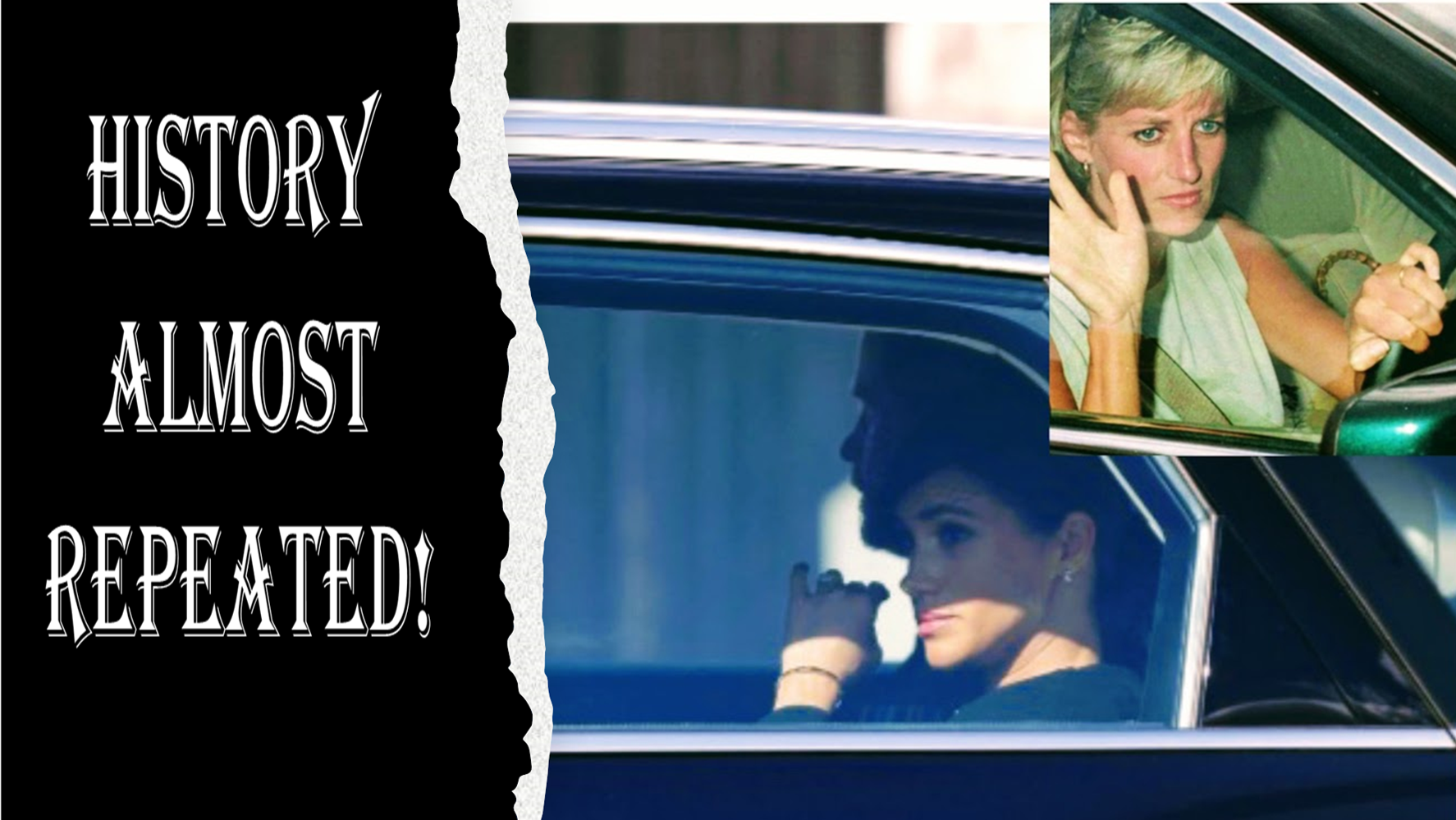
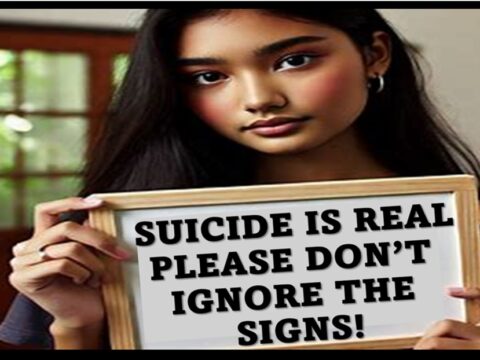
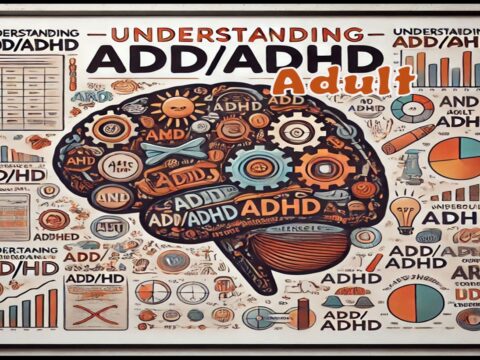
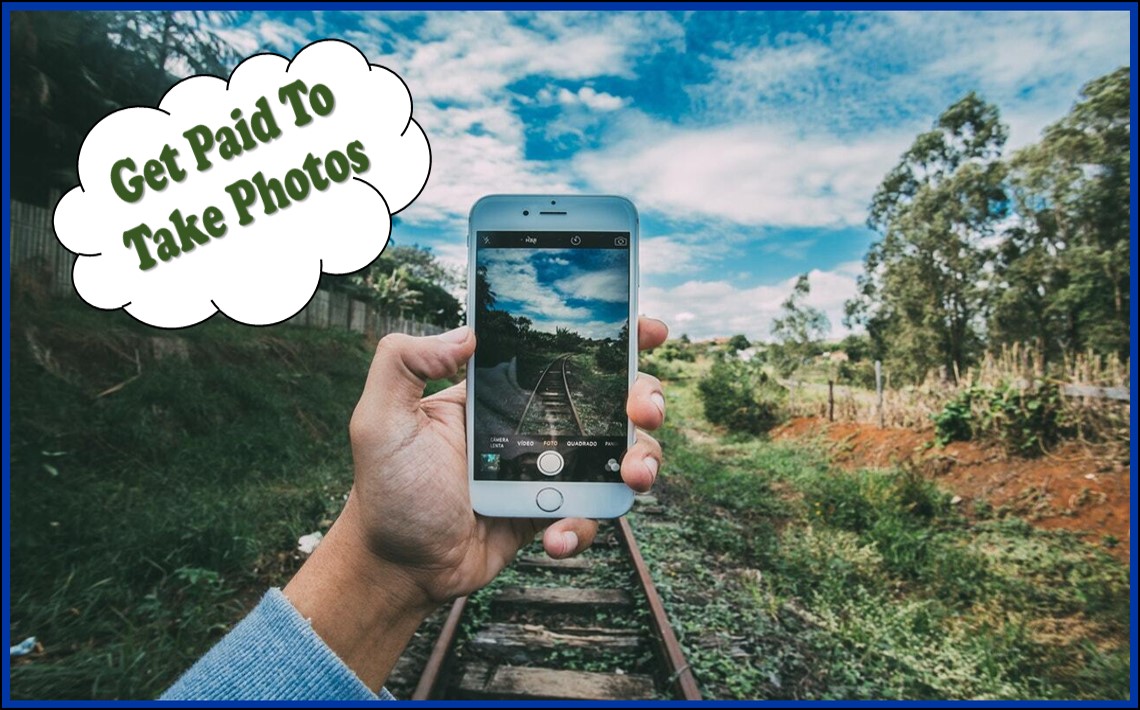


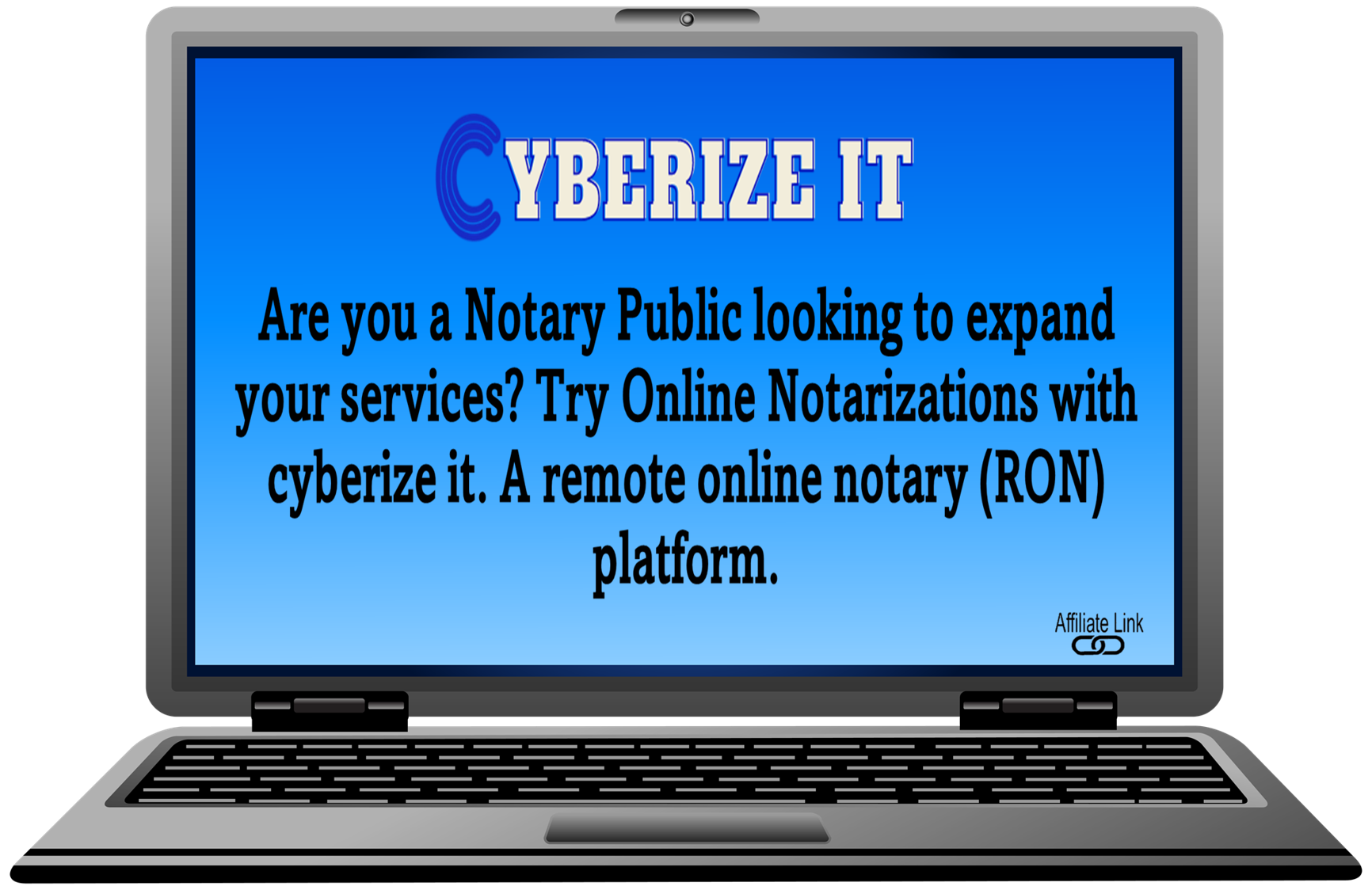
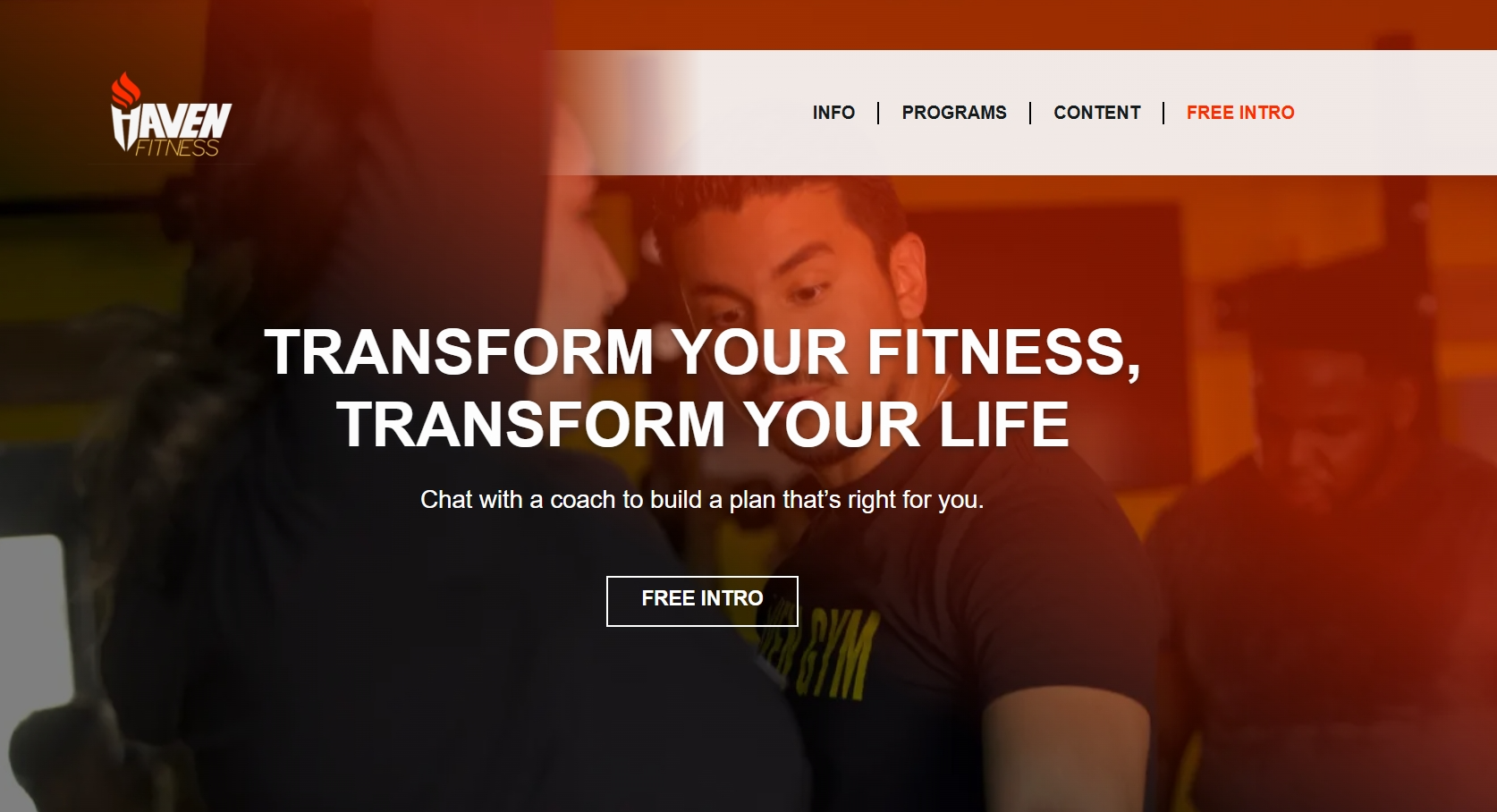
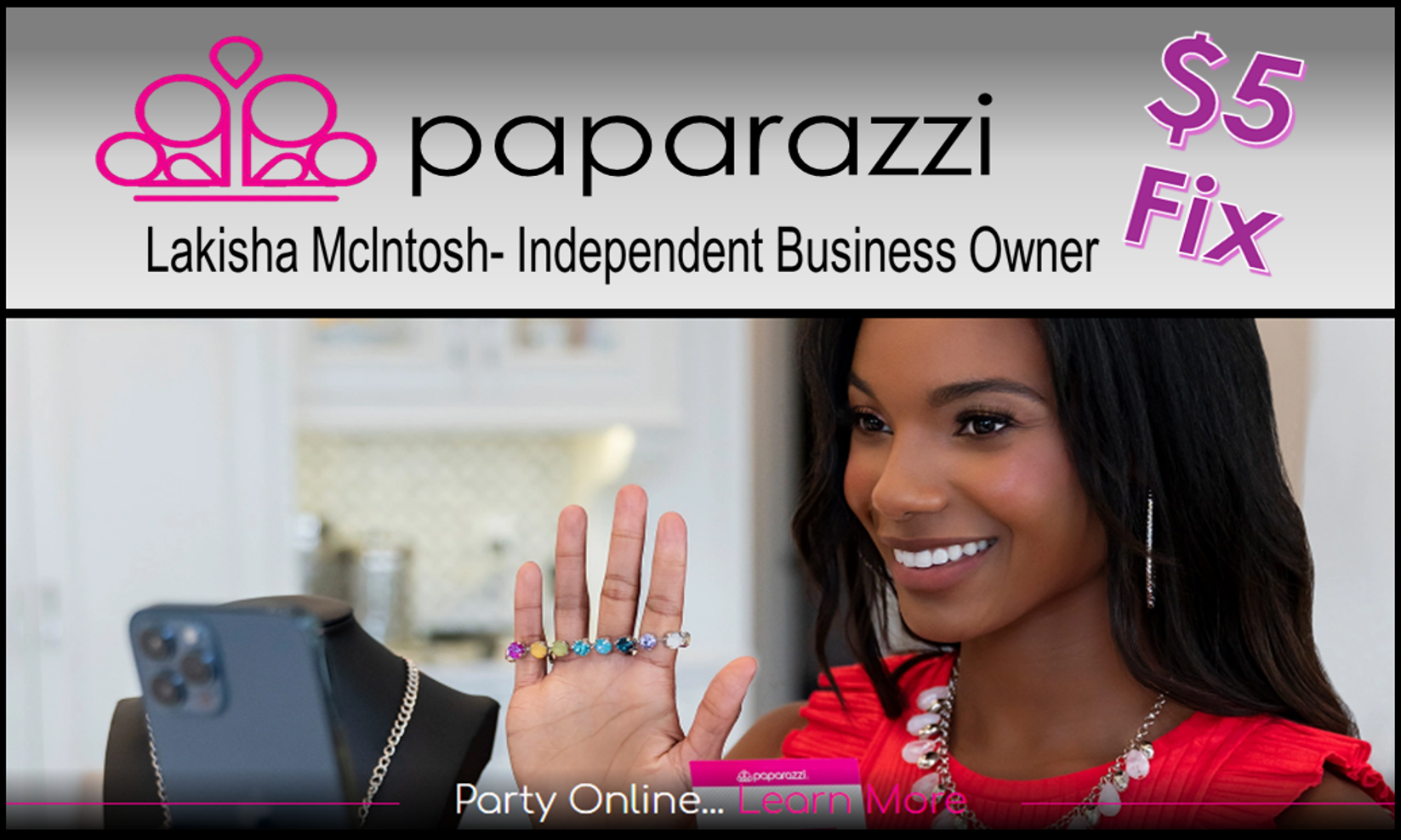




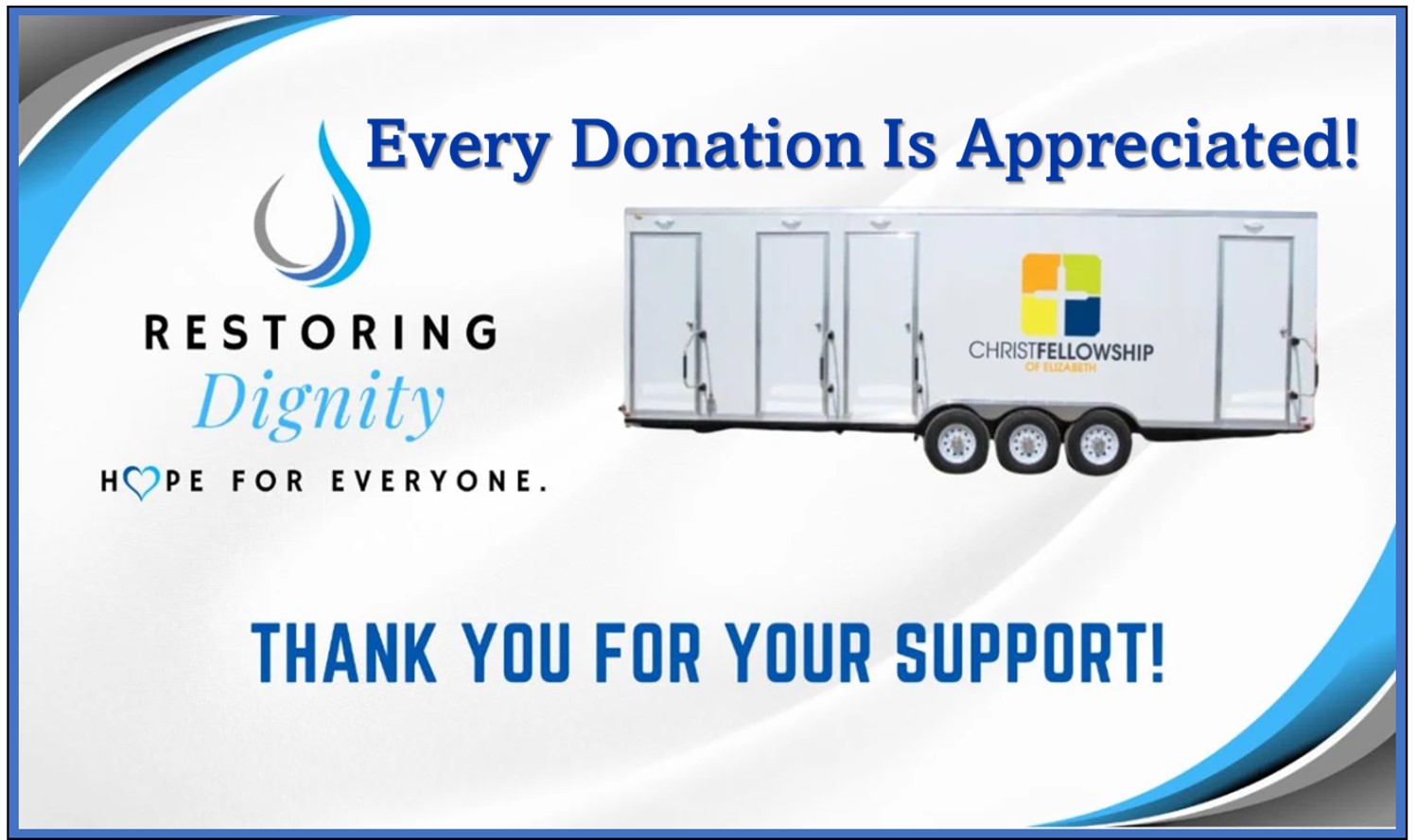
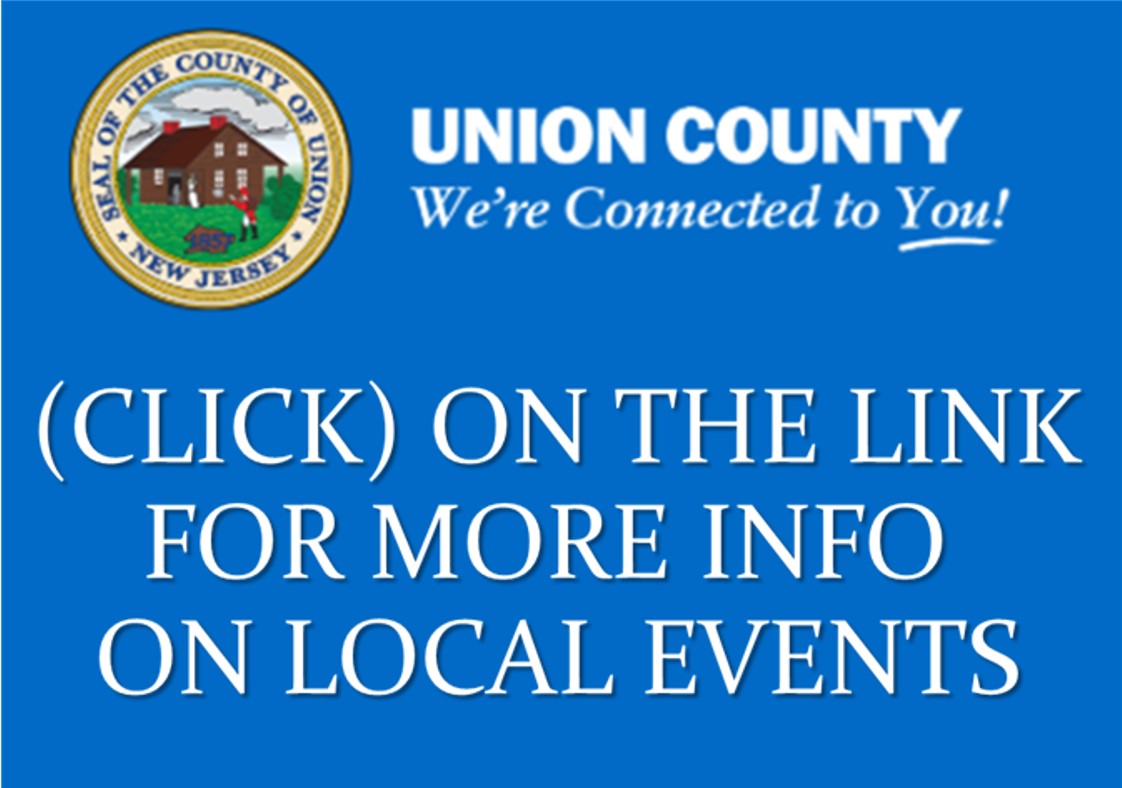

Comments